Hotel owners, developers, asset managers, and other stakeholders charged with successfully launching a new hotel property—in a marketplace that may already be quite competitive—know they’ll need more than attractive features and amenities that entice and cultivate a loyal customer base. As the industry adapts to a post-pandemic world, the team behind a new property also must assess key behind-the-front-desk requirements – paramount being its approach to revenue management.
For those about to launch a new hotel, or already managing an expanding portfolio for their brand, a revenue management system (RMS) can ensure the new property, and its entire team, hits the ground running with day-one revenue optimization.
A Proactive Approach
Many new hotels struggle to reach their optimal revenue potential due to focusing purely on the product during pre-opening preparation. This results in a lack of clarity around the in-depth market positioning analysis and associated pricing strategies to address varying and often fluctuating market demand and conditions.
It is no longer enough to build a great property, ensure the rooms are nicely decorated and have staff in place to service potential guests. An integral component to the pre-opening process should be considering the optimization of room-type configuration and the implementation and integration of revenue management technologies with the hotel’s IT infrastructure and platforms from the very start.
Many areas of revenue management must be considered throughout the pre-opening phase of a hotel—ranging from establishing market segment revenue and sales strategies, undertaking comprehensive competitor evaluation, pricing research, pricing processing and planning of market demand cycles. To ensure hotel revenues are maximized from day one, hoteliers should liaise with specialists who can access in-depth analytics to price a property based on the ideal market positioning optimally and validated segmentation.
Properties must follow a structured, standardized pricing approach to pre-opening to ensure consistent and effective results from day one. Hotels under development should conduct a strategic analysis that includes studying the micro-market and overall economic factors that could affect the hotel’s performance.
Finalizing a competitor analysis (which may change between pre/soft and hard opening periods), including competitor value and benefits positioning, is also key. Hotel pricing structures should be based on market conditions and hotel positioning. According to the market environment, they should include established channel strategies to cement ‘product positioning’ (i.e., hotel descriptions, room-type descriptions, etc.) through all channels.
Five Good Reasons to Invest in an RMS Before Opening Your New Hotel
Let’s examine some critical reasons to invest in an RMS before you even open the doors to your new hotel:
1. Increase Asset Valuation
The additional revenue that comes from the proper utilization of an RMS and strategies immediately and directly impacts a new hotel’s bottom line, making it a valuable tool for increasing a hotel’s valuation over its lifetime – a keystone in any owner or asset manager’s lens, in particular at a time of investment, refinancing or sale. Increased revenue leads to higher cash flow, which has many benefits from giving the hotel greater day-to-day liquidity, having money in the bank, generating interest, and leveraging the return on capital. It should not be overlooked that the increased revenue generated by an advanced revenue management system makes further reinvestment in the hotel possible, or can be leveraged to make property portfolio expansion possible.
2. Understand Your Property’s Potential From Day One
Opening a new property, or renovating an existing one, presents fruitful opportunities and comes with the challenging task of predicting how the business will perform. Rather than waiting for a business to mature and actual historical data to be available—and before the value of asset, investment can be maximized—implementing an RMS that includes “limited data” functionality can help a revenue management team access and utilize valuable forecasting data before actual data materializes.
3. Gain a Core Component of a Complete, Modern Hotel Stack
The technology stacks of today’s most efficient, profitable hotels include both an RMS and a property management system. A fully integrated tech stack establishes a true technology ecosystem that places a new focus on more than pricing. A comprehensive RMS should function as a data-driven revenue machine that shares valuable information with various marketing, sales, distribution, and operations stakeholders. Instead, your revenue management team will focus on accessing and maximizing true business intelligence that informs all critical business decisions across the entire organization.
4. Do More With Less
Once you determine how to staff your new property’s revenue operation, you’ll need to figure out how to enable their efficient success. An automated RMS reduces operational costs of daily tasks and data analysis. Revenue managers are facing an increasing amount of pressure to make strategic decisions regarding multiple properties. Such expectations only increase the number of challenges revenue managers must overcome—and in many cases, not for a single hotel property, but a dozen or more. Consolidating all of these requirements and functions into one automated platform means expediting the various business processes revenue managers oversee daily.
5. Move Beyond Guest-Room Revenue Management Toward Total Profit Optimization
In addition to providing timely pricing information, an advanced RMS places focus on all sources of revenue for a single hotel and multiple properties in a brand’s portfolio. As we move into a post-pandemic marketplace, focusing on more than room revenue is already becoming a priority for revenue management teams. Often, a property contains multiple sources of revenue such as food and beverage, meetings and events, and spa and wellness, among others. Revenue management should coordinate the property’s mix of revenue and profit centers more strategically, taking a holistic approach to revenue management from the grand opening onward.
Free Course: Revenue Management Foundations Course
This free revenue management course will lay the foundation upon which you can build a solid commercial success framework for your business. Click here to learn more about the course.
The current climate presents a unique opportunity for new hotel properties to set a higher standard for approaching revenue management and secure a swift return on investment. Learning how to move beyond daily price fluctuations and gain access to better business intelligence and data-driven insights will help you make the most informed and profitable decisions—before your guests arrive.
More Tips to Grow Your Business
Revfine.com is the leading knowledge platform for the hospitality and travel industry. Professionals use our insights, strategies, and actionable tips to get inspired, optimize revenue, innovate processes, and improve customer experience.Explore expert advice on management, marketing, revenue management, operations, software, and technology in our dedicated Hotel, Hospitality, and Travel & Tourism categories.

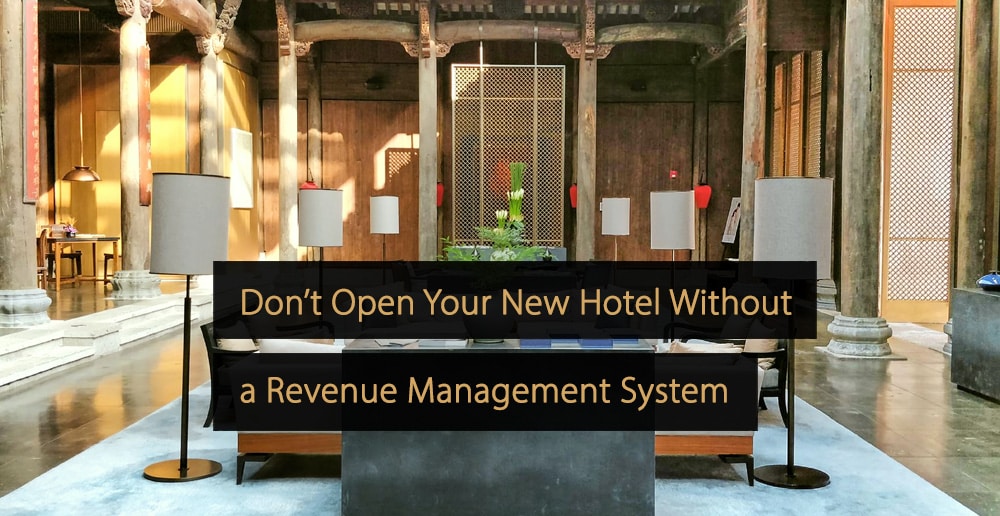
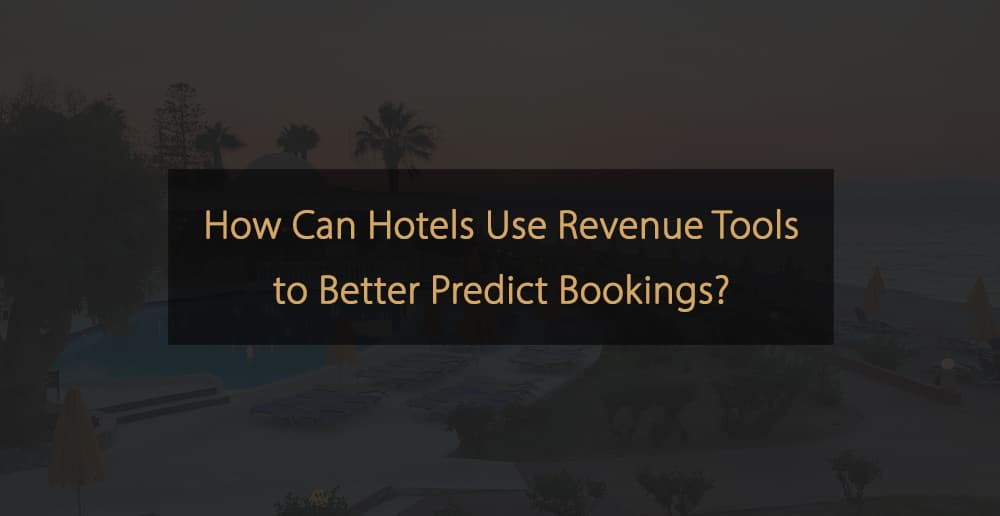
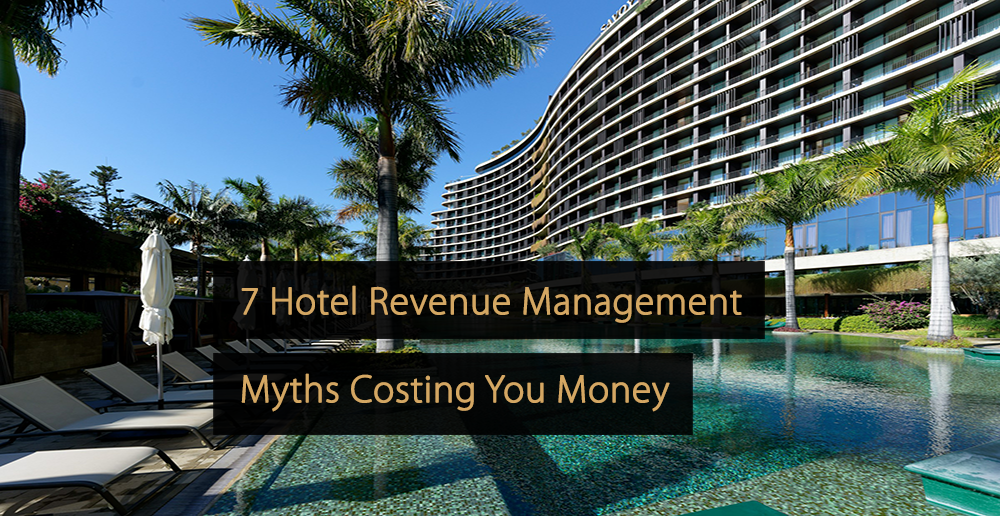

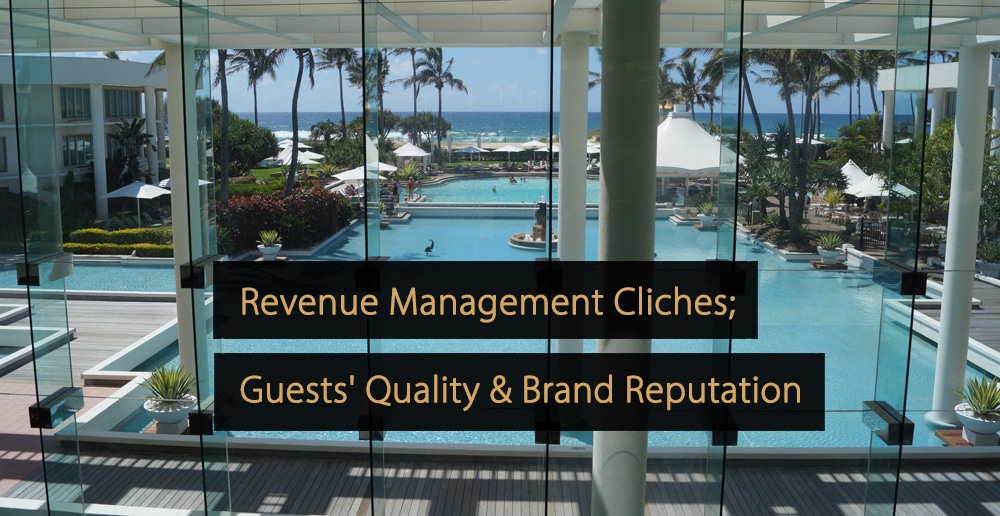
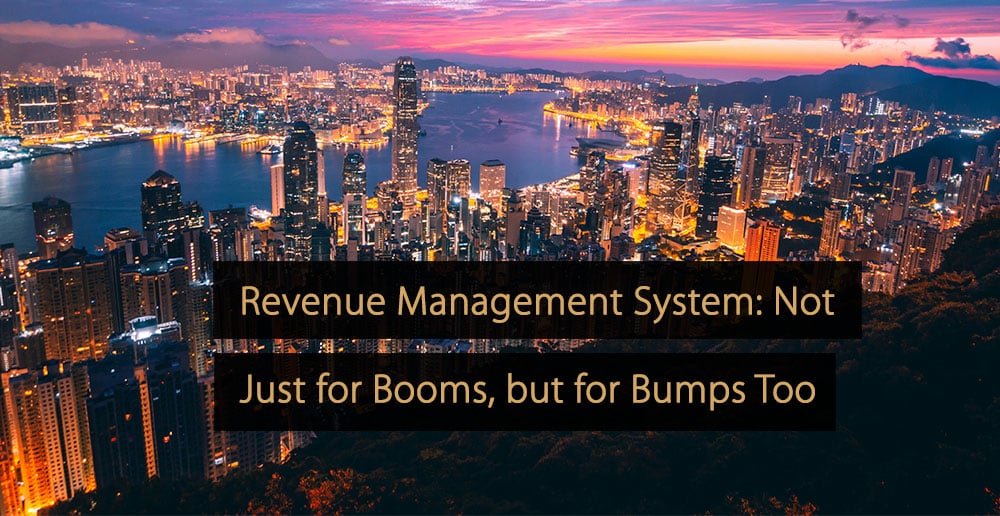
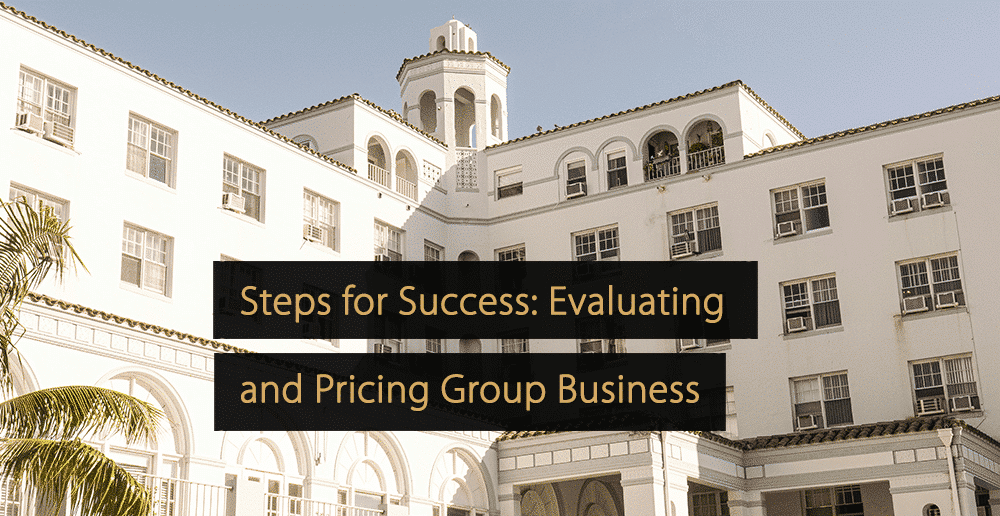
Leave A Comment